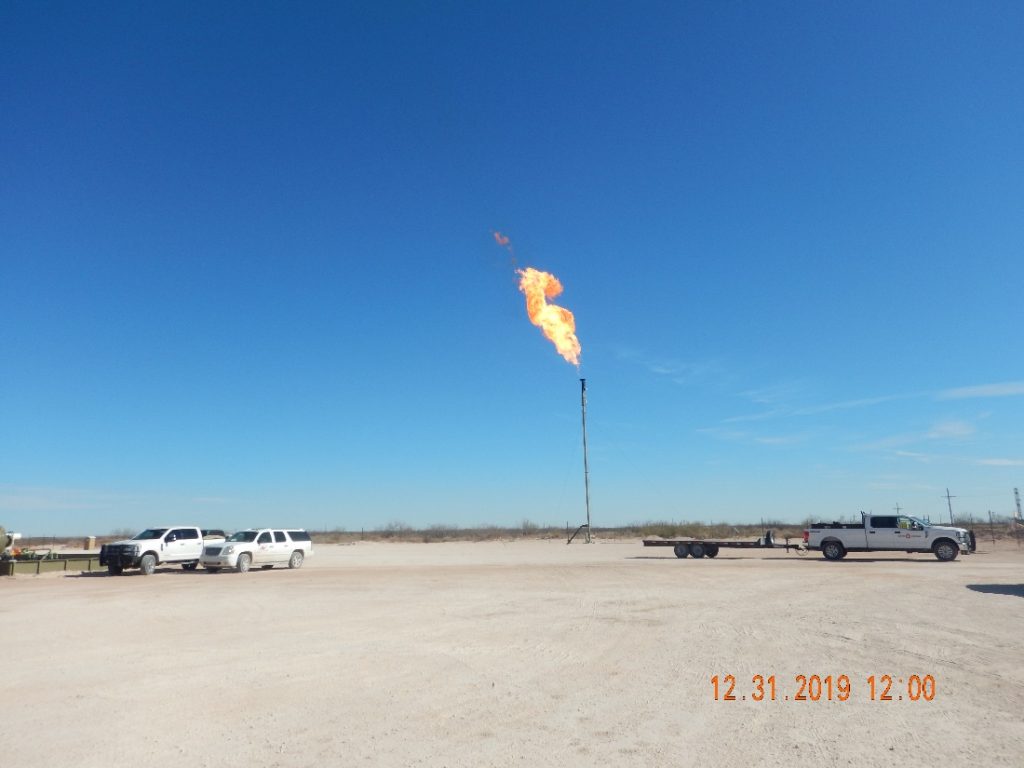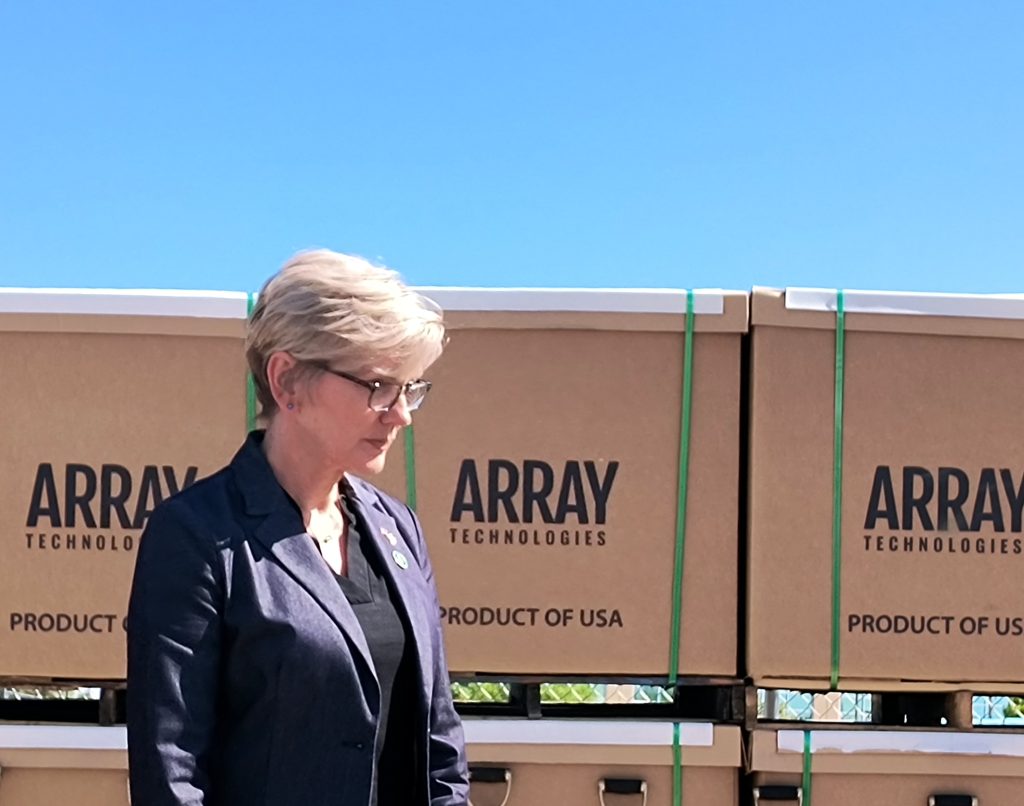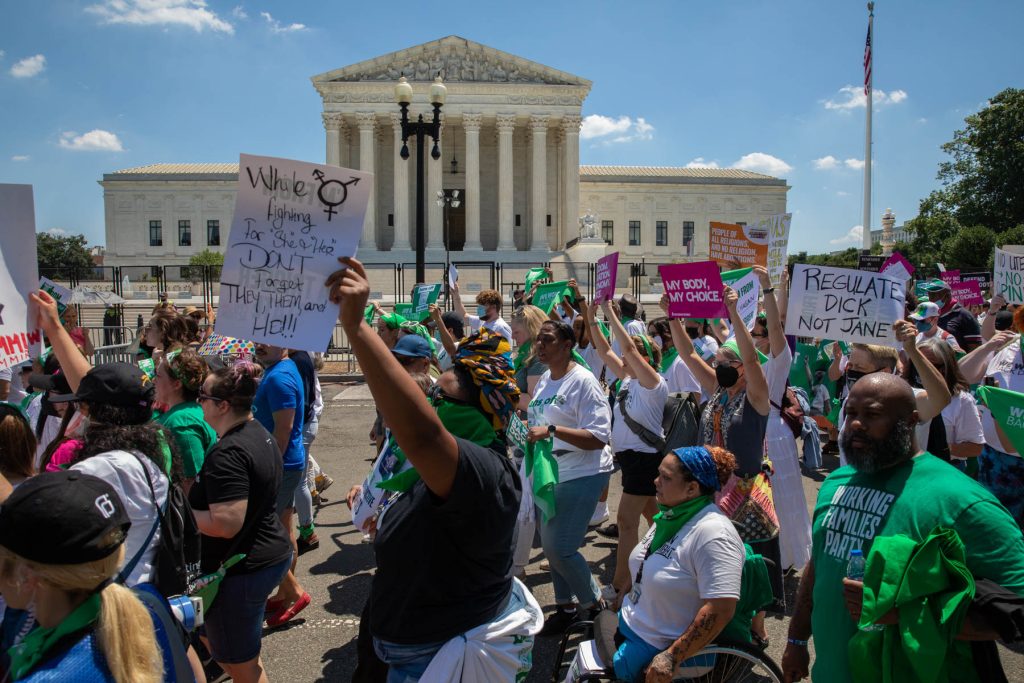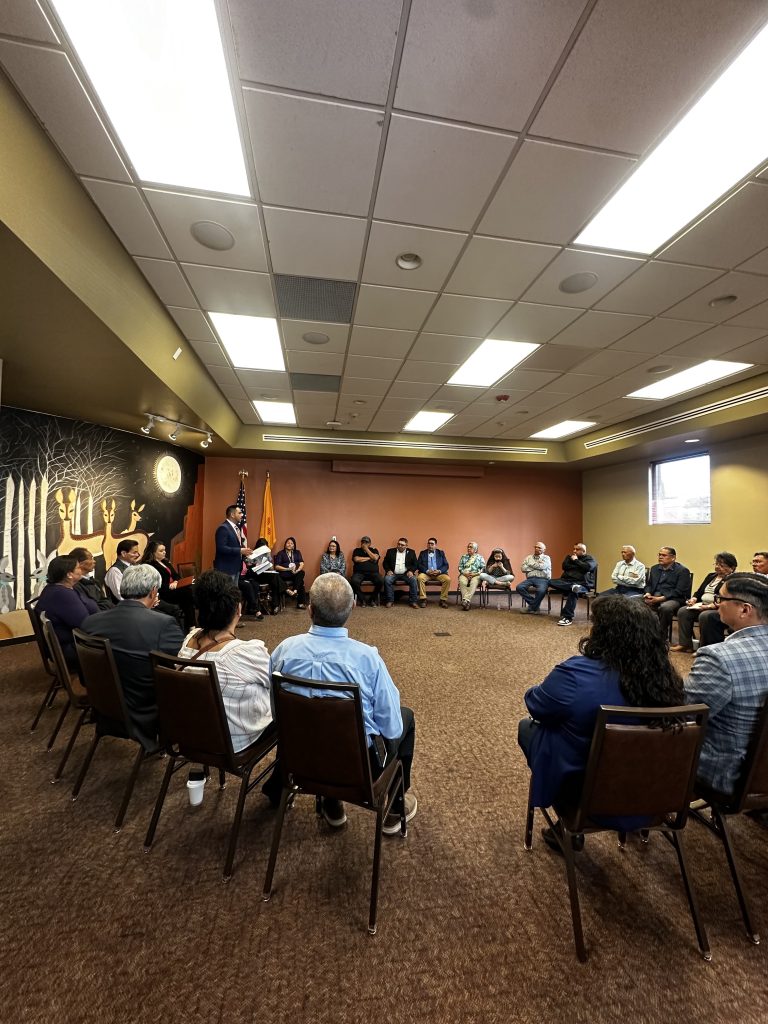About 13 percent of New Mexico’s population relies solely on private wells for drinking water and this removes a level of health security.
For example, the U.S. Environmental Protection Agency’s new drinking water standards for PFAS chemicals that were announced this week cannot be enforced for private wells because they are not subject to the same level of scrutiny and testing.
And there have been documented cases of PFAS contamination in private wells in New Mexico.
U.S. Sen. Martin Heinrich, a Democrat representing New Mexico, is co-sponsoring legislation known as the Healthy H2O Act that would help protect families who rely on private wells from contaminants like PFAS that can have devastating health impacts.
U.S. Senator Jeanne Shaheen, a Democrat from New Hampshire, is leading the effort.
“Clean water is essential to the health and economic well-being of working families,” Heinrich said in a press release. “I’m proud to cosponsor legislation that will protect New Mexicans in rural communities from dangerous forever chemicals by providing access to new technology that detects and gets rid of water contaminants. Together with the EPA’s new standards for PFAS, these bills will go a long way to keeping New Mexicans safe and helping our state build a stronger foundation for the future.”
The legislation would provide individuals and non-profits in rural communities with grants to test water and access treatment technology.
Heinrich previously worked to pass the State Response to Contaminants Program Act, which was included in the bipartisan infrastructure law and provides $5 billion to states to address PFAS and other emerging contaminants in small or disadvantaged communities. According to the press release, Congress intended states to have flexibility in using that funding that would have allowed them to assist private well owners. However, the EPA interprets the law differently and has only allowed private well owners to receive assistance if the money goes to connecting them to public water utilities. This is not always an option for those private well owners.
The new legislation would clarify that the assistance can be provided to private well owners who are not connected to public water systems.





















